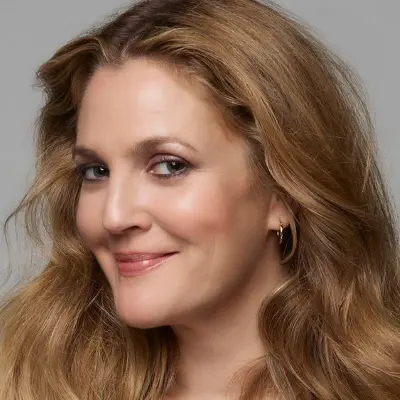The Drew Barrymore Show is a "radically messy, life-affirming trip"
-

It's remarkable that "something so offbeat is happening on daytime at all," says Tracy Moore of the "low-key insanity" of Drew Barrymore's new daytime talk show. "She cooks; she interior designs; she feels," Moore says of Barrymore. "She talks in hashtags, and casually drops quotes from Gayle King, Patti Smith, and e.e. cummings. She is, it seems, genuinely in awe of everyone and everything, a self-described 'human scrapbook of news,' a 'pop culture junkie,' a lover of people and stain removal. She has 'abused this carcass' to no end, she says at one point, referring to her well-documented addiction problems. Her weight, Barrymore tells us, has always fluctuated within 20 to 30 pounds, and she just wants to find a balance. She is still obsessed with Marie Kondo, and would very much like guidance on how to fold her granny panties. Reviews have called the show everything from absurdist theater to an emotional rollercoaster. They’re not wrong. And though they’re largely in agreement that Barrymore’s concoction is a welcome departure from expectation, some opine that it’s all a bit too much. Viewers have suggested that Barrymore is putting us on, that she can’t really be this frantic, this animated, this over the top. Can she? She can. Idiosyncratic sincerity dialed to 11 has been Barrymore’s personality all along, from television interviews of yore—given alone and with her mother, Jaid Barrymore—to the final scene of the 2004 documentary My Date With Drew, where a goofy semi-stalker tracks Barrymore down. Spoiler: He eventually gets to meet her, and she’s the exact same person you see on this show, mannerisms and all. There’s no getting around the fact that Barrymore’s quirks have their origins in her rough beginnings as a child star, ’90s It Girl, and tragic Hollywood royalty. She may be a relentlessly sunny kook, but she’s one who survived taking her first drink at 9, being addicted to cocaine at 11, and going to rehab at 14. She became emancipated from her parents as a teen; then, when most child stars would have self-destructed, she turned it around. It’s difficult to imagine anyone who’s lived a life like Barrymore’s not sounding like, well, a bit of a lost soul in search of coordinates. So as we say in the South, Barrymore comes by it honestly."
TOPICS: Drew Barrymore, The Drew Barrymore Show, Daytime TV, syndication
More Drew Barrymore on Primetimer:- Santa Clarita Diet May Be Gone, But Its Stars Are Working More Than Ever
- 50 Cent to Host The Drew Barrymore Show While Barrymore Recovers from Covid-19
- WATCH: Justin Long Says It Was 'Wild' to Reconnect With Ex Drew Barrymore 'In Front of Strangers'
- WATCH: Drew Barrymore Sobs During Emotional Reunion with Ex Justin Long: 'I Will Always Love You'
